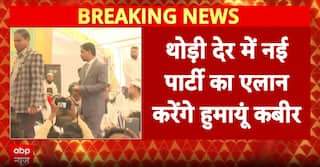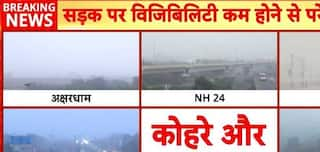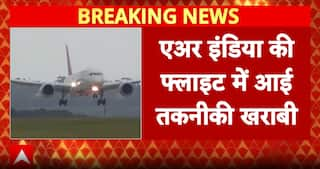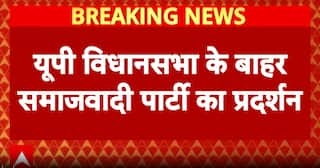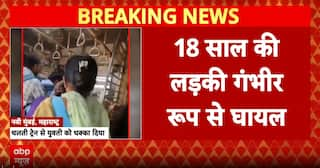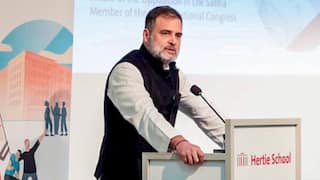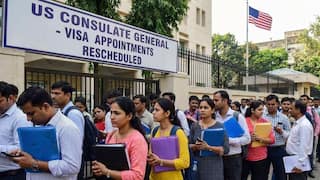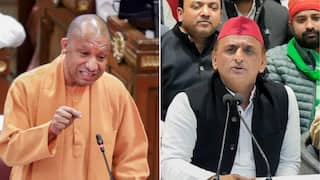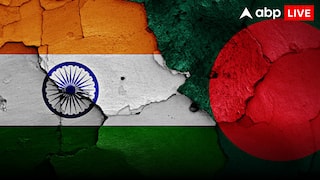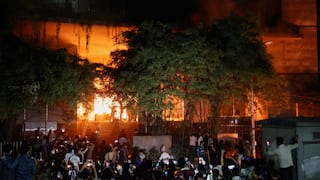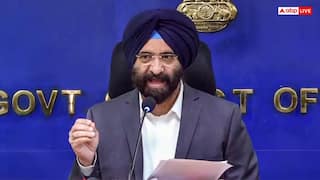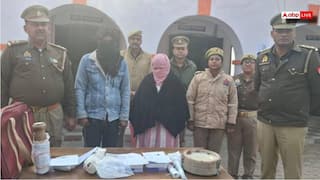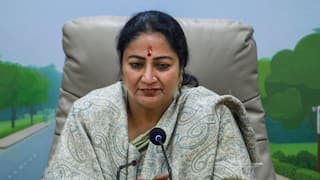'We Never Go Back On Our Words': Union Minister Shantanu Thakur Says CAA To Be Implemented 'At Earliest'
Shantanu Thakur, who had previously claimed that the CAA would be rolled out nationwide “within a week”, faced criticism from West Bengal Chief Minister Mamata Banerjee.

New Delhi: Union Minister Shantanu Thakur on Saturday firmly stated that the Citizenship Amendment Act (CAA) would be implemented “at the earliest” and he asserted that those opposing the legislation are driven by political motives, news agency PTI reported.
Thakur, who had previously claimed last Sunday that the CAA would be rolled out nationwide “within a week”, faced criticism from West Bengal Chief Minister Mamata Banerjee. She accused the BJP of “opportunistically raising” the CAA issue just ahead of the Lok Sabha elections and affirmed that she would “never allow its implementation in the state as long as she is alive”, PTI reported.
"With elections approaching, the BJP has again raked up the CAA issue to reap political benefits. But let me make it very clear that as long as I am alive, I will not allow its implementation in West Bengal," PTI quoted CM Banerjee as saying.
Speaking to reporters during a programme, Thakur, the Union Minister of State for Shipping and Ports, emphasised that the CAA is a demand of the country, and any opposition to its implementation does not concern the Centre.
READ | 'Will Not Allow CAA In Bengal': CM Mamata After Union Minister Claims Implementation In 7 Days
"It has been our promise, and we never go back on our words. The Centre will get it done," the news agency quoted Thakur as saying.
The minister also highlighted that both Houses of Parliament have already passed the Bill, reflecting the will of the people. He expressed the view that those opposing the CAA are doing so for political reasons and not taking a sympathetic view of the situation faced by immigrants displaced from their homes.
Enacted in 2019, the CAA aims to grant Indian citizenship to persecuted non-Muslim immigrants, including Hindus, Sikhs, Jains, Buddhists, Parsis, and Christians from Bangladesh, Pakistan, and Afghanistan who entered India before December 31, 2014.










